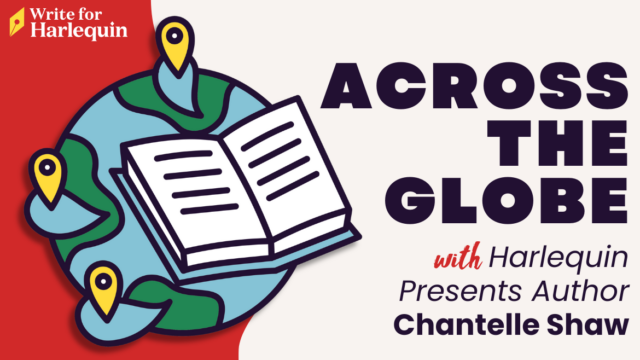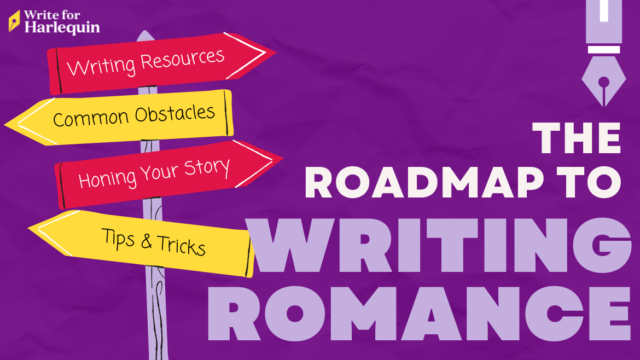By Associate Editor Rachel Burkot
Hey authors, I have a secret for you! The magical way to firmly entrench yourself in the coveted position of an editor's good graces. Ready to hear it? It's simple—just follow a revision letter to a T, and we will love you forever!
Now I know what you're thinking: I always try to follow revision letters. And I think I'm doing everything you ask. But something must have gone haywire in communication because you come back to me for more revisions. What did I do wrong?
Revising is tough. We get it. Sometimes our ideas and reasons for having a character do X instead of Y make perfect sense in our heads, and we think we're conveying exactly what we mean in our revision letter, but what you read and what we wrote are actually coming across like two totally different languages. German and Swahili. Arabic and Spanish. Or maybe just Editor-Ese and Writer-Ese. So how do we all get on the same page (literally)?
I think it's important to understand the reasoning behind a change an editor is asking for. Especially if it's something major, like a plotline, character's motivation or deleting an entire character altogether. If your editor hasn't laid it out in a clear enough way that you understand and agree with, probe further. Ask more questions. If you're just blindly making a change because your editor said to, the changes you make won't necessarily be stronger. Plus, you'll learn for next time that, say, having your heroine's estranged cousin come back into her life and reconcile with her at the end of the story doesn't work because it distracts from the purpose of the book and creates a contrived relationship that's totally separate from and unnecessary to the main storyline.
You might often be asked for revisions to a character's goals, motivation or conflict. A realistic book with stakes and heart is going to need these three things in sufficient doses. So one revision note might be, what is Mandy's goal in the scene when she looks up her cousin with the intention of reconnecting? Why does she want this reunion in the first place? Such revision points should cause you to question your own choices for your characters and story. If you can stand by your decisions, by all means, give your editor your rationale and have a conversation. The key is to ask if you're still confused about a certain point after reading through the revision letter. It can never hurt to get more information.
Among other things, we might ask in revision letters for more development of the romance, slowing down or speeding up the pacing of the story or romance, beefing up a character's past or romantic conflict, and so on. These are all important things that are sometimes not brought out in early drafts. Additionally, we might give some pointers on the mechanics of writing, though we generally expect the authors to acquire this knowledge on their own. We might question why the hero is hiding his true identity, or some fact that seems important, from the heroine. If it seems unethical or makes him seem less appealing, we'll probably note that, and we can discuss whether the deceitful action is worth the less-appealing light it puts the hero in in order to accomplish whatever purpose he had.
Think of a revision letter as a pair of eyes on all of your characters and storylines. If they're doing something that doesn't ring true to the book, it's going to be questioned. But the most important thing to keep in mind is that a revision letter is like a conversation. So be sure to respond with any concerns or questions that you have after reading over your editor's thoughts, and never hesitate to ask for clarification if you need it or are still confused on a certain point. The book will be stronger for it, when all is said and done!




